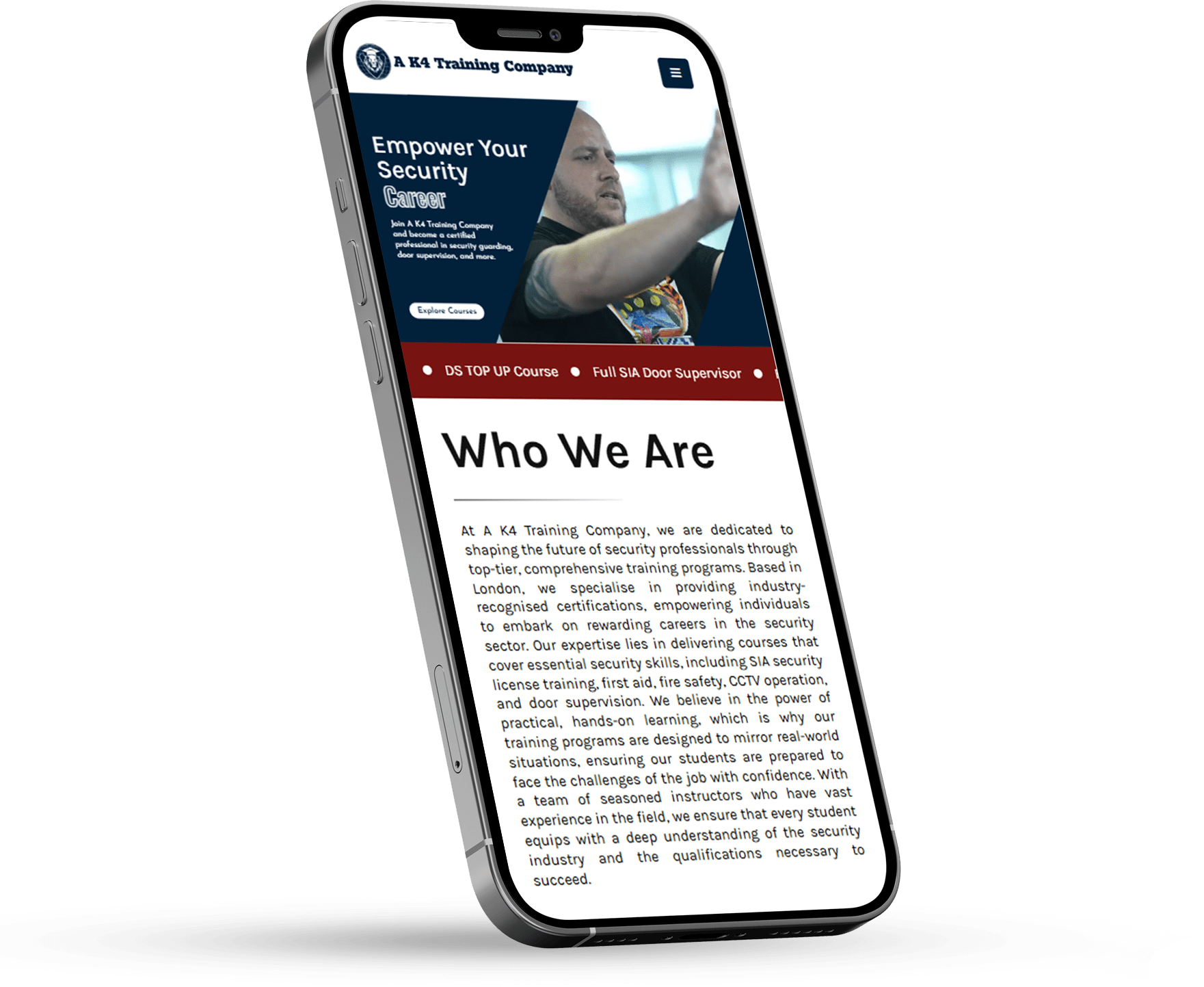Course Description
Frec 3 course requires approx. 10 hours pre course study, via workbooks and online portal. Please allow three weeks from booking your place to attending the course to ensure enough time for this pre work.
You will need to purchase the following book available from Qualsafe https://www.qualsafe.com/categories/Books/Emergency-Care-Books/
Some knowledge of basic anatomy and pathophysiology of the body, especially the respiratory system, cardiovascular system and central nervous is preferred but not essential.
The course requires a large amount of practical and physical assessments and activities.
Who should attend?
This course is designed for those who are often first to arrive at a potential first aid emergency. This includes Police Officers, Firefighters, and those providing medical cover at festivals and events such as Emergency/Community First Responders, Door Supervisors, Close Protection Operatives and Security Guards. It is also suitable for those working in high risk environments including the military, power stations, agriculture and manufacturing centres.
The First Responder Emergency Care course is a higher qualification than a standard first aid at work course, and therefore previous first aid experience or training is highly recommended before completing the FREC qualification.
Delegates must be aged 18 or older to attend this course.
Course Content
- Understanding the role and responsibilities of a first responder
- Assessing an incident
- Life-threatening and non life-threatening illnesses and injuries
- Assessing and managing a patient’s airway
- Using an AED
- Administering emergency oxygen
- Assessing and managing trauma patients
- Catastrophic bleeding
- Chest injuries
- Compromised circulation
- Wounds and eye injuries
- Burns and scalds
- Suddden poisoning
- Head, spinal and musculoskeletal injuries
- Breathing difficulties
- Anaphylaxis
- Suspected major illness
- Convulsions
- Effects of environmental exposure
- Adult and child resuscitation (CPR)
Assessment
- 6 x practical assessment/skills tests
- 3 x theory assessments (multiple choice question papers)
- 2 x anatomy and physiology papers
- 1 x invigilated exam
Certification
Successful learners will receive a Qualsafe Level 3 Award in First Response Emergency Care (RQF) e-Certificate after their results have been submitted and subject to verification by the awarding body and any other required actions.
Progression
This progressive suite of pre-hospital care qualifications are part of an HCPC approved programme to enable a learner to become a Paramedic.
The FREC 3 qualification may be used towards other qualifications at the same and higher levels including QA Level 4 Certificate in First Response Emergency Care (FREC 4).
Entry to FREC 4 includes completion of 118 hours of contextualised learning, which must be evidenced by a CPD portfolio. In addition this qualification may aid career progression in a relevant profession.
Employment Opportunity
After completing the course, there may be opportunities to work with our CQC-registered ambulance services, either at events or in patient transport services with K4 Medical Services.
FAQs
The FREC 3 course is a Level 3 qualification designed for individuals who are often the first to arrive at emergency situations. This includes roles such as Police Officers, Firefighters, Door Supervisors, Close Protection Operatives, Emergency First Responders, and those working in high-risk environments like the military or manufacturing. It’s ideal for anyone looking to enhance their emergency care skills beyond standard first aid training.
Learners must be at least 17 years old on the first day of the course. There are no other formal entry requirements but to benefit from the learning we recommend that learners have a minimum of Level 2 in literacy and numeracy.
It is highly recommends you do a minimum of 10 hours pre-course reading of Ambulance Care Essentials, available from our awarding body Qualsafe. There are e-book versions available too!
The course covers a wide range of topics, including incident assessment, managing life-threatening and non-life-threatening illnesses and injuries, using an AED, emergency oxygen administration, catastrophic bleeding, chest injuries, anaphylaxis, CPR for adults and children, and more. It also includes training on trauma management and understanding anatomy and physiology.
The course includes 6 practical skills tests, 3 theory assessments (multiple choice), 2 anatomy and physiology papers, and 1 invigilated exam. These assessments are designed to ensure learners are confident and competent in handling real-world emergency scenarios.
Successful learners will be awarded a Qualsafe Level 3 Award in First Response Emergency Care (RQF) e-Certificate. The certificate is subject to verification by the awarding body and any other required actions after the results are submitted.
Yes, the FREC 3 course involves a significant amount of practical and physical activities, including hands-on assessments. Delegates should be prepared for the physical demands of the training. However, it is an excellent way to build practical skills and confidence in managing emergency situations.
Course Dates
Hounslow, London
23rd to 27th June
22nd to 26th September
Locations
Book Now

Here to help
We are open 6am to 7pm on weekdays and 8am to 5pm on weekends. If you need help outside these hours, visit our help page to find answers to the most commonly asked questions.




